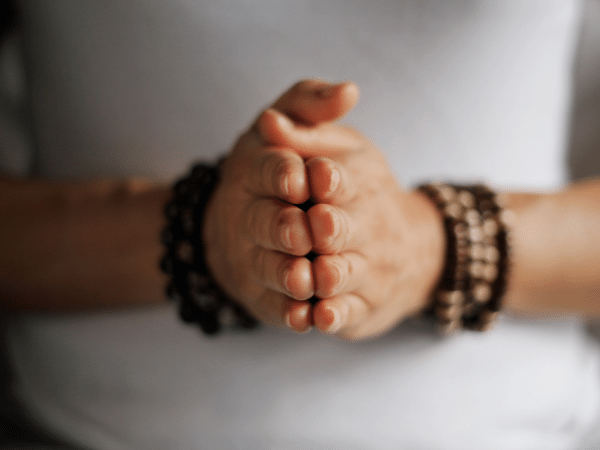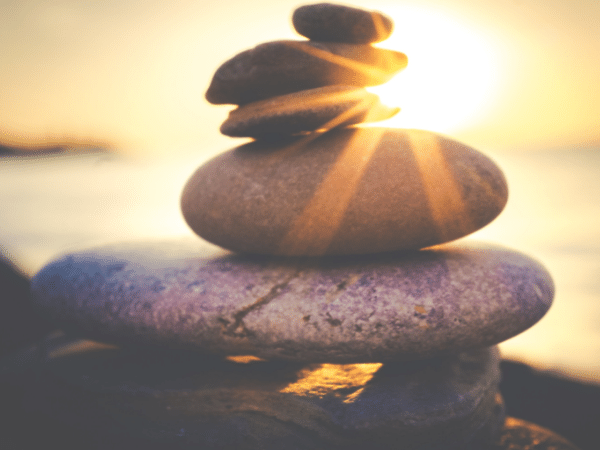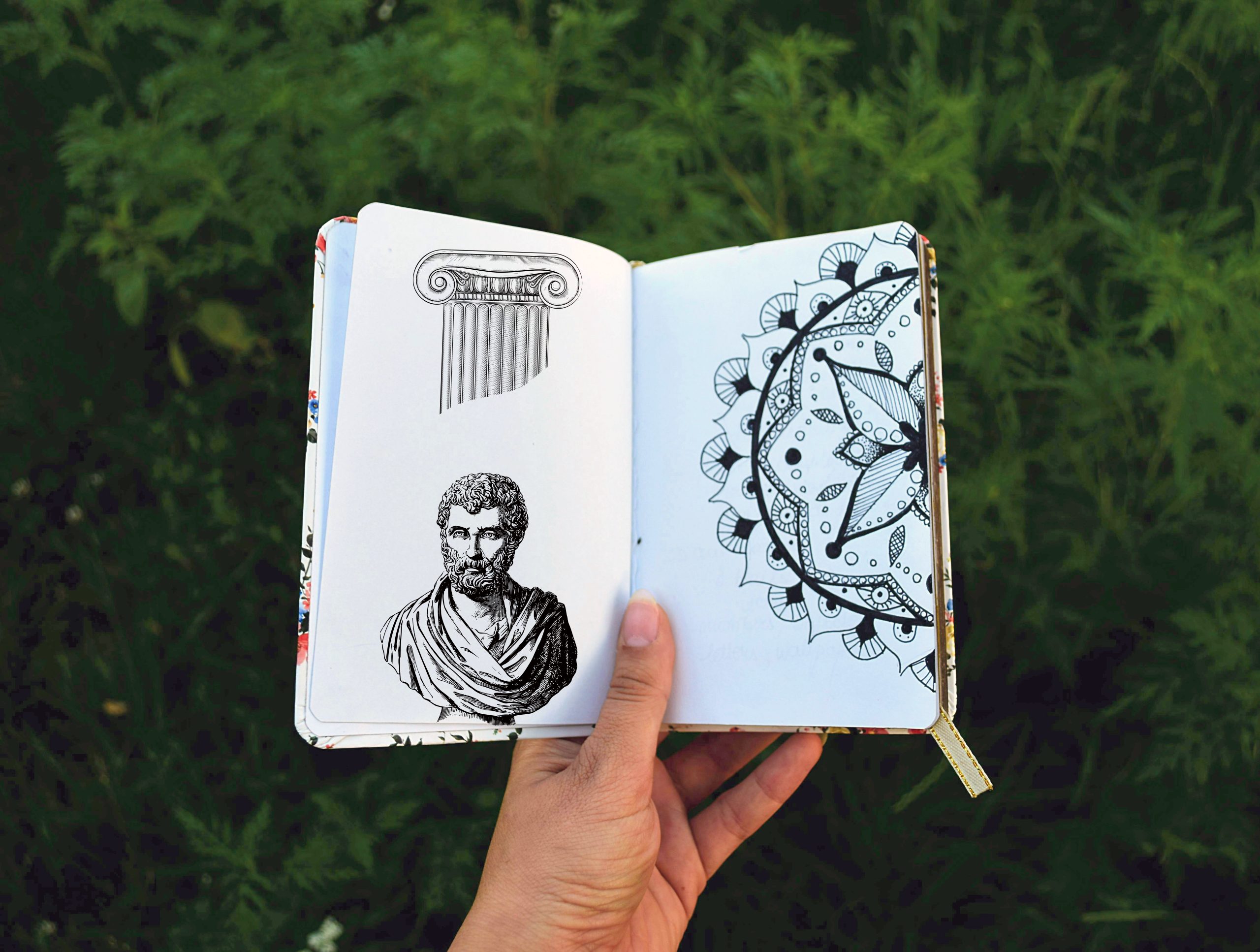Building Resilience with Yoga

Amal Karl
CEO
Life is full of challenges – from not getting what one wants, to different levels of stress, to major life crisis like losing a job, enduring an illness or losing a loved one. Some individuals seem to bounce back from the ups and downs of life with a positive attitude. This inner strength is known as resilience, which is the ability to recover from situations of hardship and adapt to changes and uncertainty
“Do not judge me by my success, judge me by how many times I fell down and got back up again,”
Nelson Mandela.


Resilience Factors
Studies show that the primary factor in resilience is social support. Caring, supportive and compassionate relationships offer love, a sense of trust and reassurance. Additional factors are a healthy self-esteem, problem solving skills, an ability to manage impulses, taking necessary action with a sense of control plus a commitment with a positive outlook in mind. Resilience carries a leader like Nelson Mandela through years of prison without letting him lose heart. Resilience is essential; none of us would survive the accumulated losses, transitions, and heartbreaks that thread their way through even the most privileged human life.
The most common problems in our world today stem from emotions like greed, jealousy, anger and intolerance. They weaken our inner strength, stamina and emotional balance – in other words, our resilience. These are self-created problems and are a result of human perception and consciousness. The solution must be derived from transformation and bringing awareness to the conscious mind. Studies have indicated that spirituality brings resilient qualities.Yoga has become extremely popular in the Western world in the last few decades, but it is still mostly considered to be a relaxing, physical workout done in gyms and yoga studios. However, yoga’s origin is a philosophical system, with teachings of self-discovery and awakening the consciousness.
Working on Transformation
Three Keys to Resilience are the basic practices that the yogic sage Patanjali grouped together as kriya yoga (the yoga of transformative action). These are tapas (discipline), svadhyaya(self-study), and Ishvara pranidhana (surrender to the higher reality), and are believed to strike at the very root of suffering.
Tapas is often referred to as self-discipline, or taking responsibility for ourselves and our actions. Tapas is the patience to act, practice and be with whatever is in this moment. When we cultivate tapas, we grow to be independent, determined and learn to take conscious action instead of reacting impulsively.
Meditation teaches us to address mental restlessness. Research shows that meditation enhances our brain’s neuroplasticity, allowing new pathways to appear, and adjusts our response to sudden changes in the environment. Through regular meditation practice, we train our mind to remain calm in times of stress and reduce the fight-or-flight response.
Svadhyaya is self-study of all aspects – our physical, mental, emotional and spiritual self. In A New Earth: Awakening to Your Life’s Purpose, spiritual teacher Eckhart Tolle tells us, “Rather than being your own thoughts and emotions, be the awareness behind them.” Svadhyaya is a way of moving beyond limiting beliefs to identify the unbreakable beauty of our inner heart. Svadhyaya leads to a stronger sense of self, a more realistic self-image, and then ultimately leads to greater resilience.
Iswara pranidhana means surrendering to the higher truth, to life itself. It is giving up the attachment to the fruits of achievements. Accepting the outcomes with contentment (santosa) brings clarity and balance. Imagine a life where there’s no stress of failure or indeed an achievement. It’s an attitude of deep acceptance that lets us experience life’s challenges without resistance without wishing that things were different. Meditation helps us understand that we cannot plan everything. We find the awareness to release thoughts and actions that no longer serve us making way for new patterns to enter into our life.
For most of us, pain and suffering are so intertwined that we find it impossible to separate them. When things go wrong, we may feel like victims or assume that we’re receiving karmic punishment. Few of us know how to process the pain of loss or failure. In Buddhist philosophy, we become truly resilient when we commit ourselves to dealing with pain without getting caught in suffering; this is the very essence of yoga.
The process of building resilience with the help of yoga is not a linear process. It occurs on different levels of human experience, penetrating our lives from different angles and providing us with deeper insights.



Share:
Related Posts

End of Year Reflection: Breaking the Cycle and Living with Intention
As the year draws to a close, I find myself in that familiar pause between what has been and what is yet to come –

Sonder – so much more than a poetic idea
I wasn’t looking for inspiration, but it found me anyway! On a recent weekend in Raglan, my eyes lingered on a whimsical painting by a

Establishing Our Inner Connection
Swadhyaya, from the Sanskrit sva (self) and adhyaya (study), refers to the disciplined practice of self-inquiry. Rooted in Indian spiritual traditions, it involves reflection, scriptural

Navigating Life’s Uncertainties: The Power of Acceptance and Positive Action
Life is full of unpredictable events, people, and circumstances beyond our control. From the weather to others’ behaviour, uncertainty is constant. However, our response to

The End of Ego: Reclaiming Inner Peace
In today’s fast-paced world, we often blame external factors – bad luck, challenging situations, or difficult relationships – for our biggest obstacles. Yet, the real enemy is
